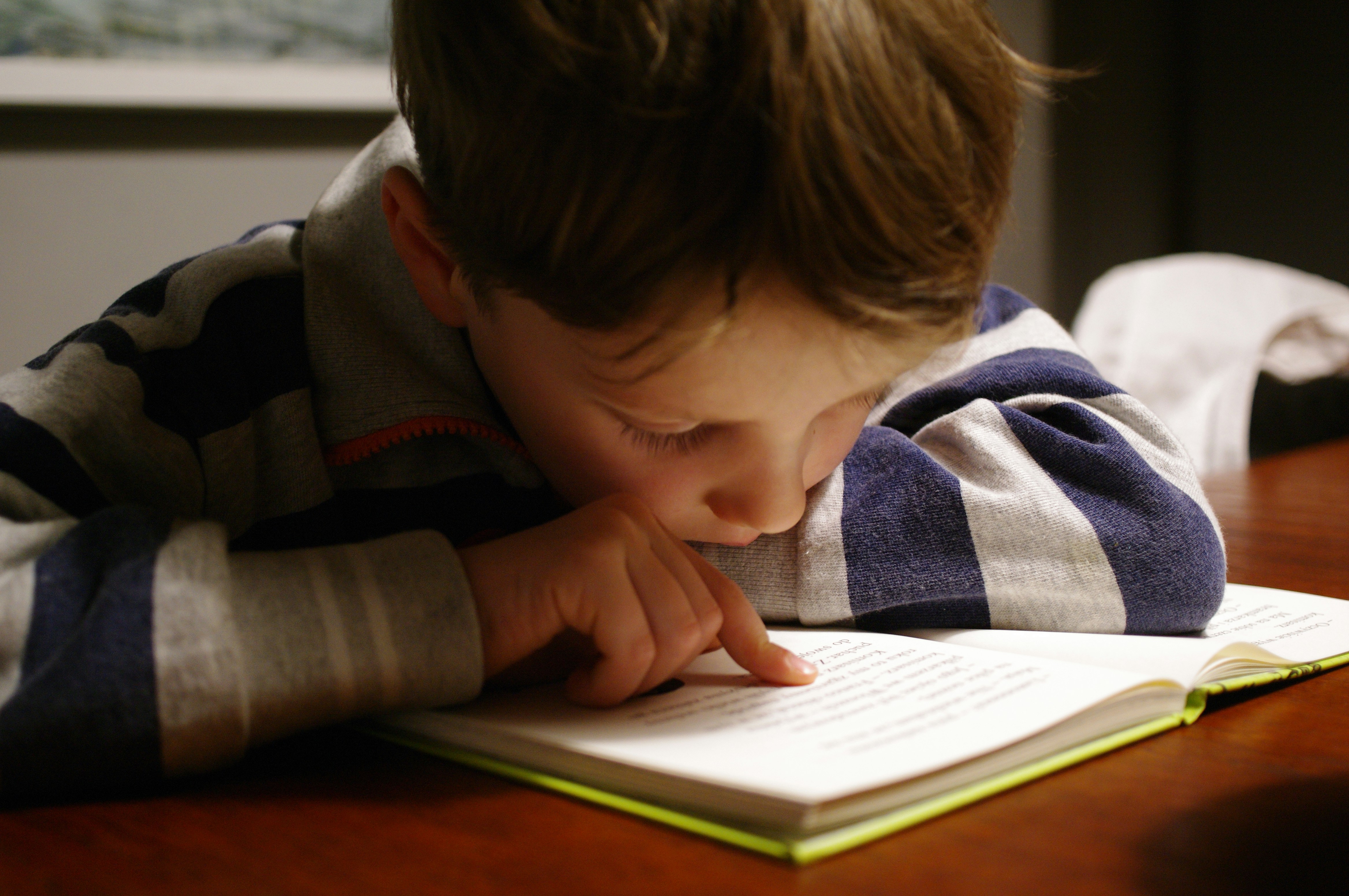
Mind Notes
February 9, 2026 - The Space Between
I’m coming back from one of the worst episodes I can remember. The kind that leaves everything scorched—thoughts, energy, sense of self. When it finally loosens its grip, there’s relief, but also fear. I know the pattern too well. The ending of one episode often buys me only a few days before another arrives. That knowledge sits quietly in the background, never fully leaving.
And yet, it’s the moments between that keep me grounded. Those small stretches of clarity. A breath that doesn’t feel forced. A thought that doesn’t immediately spiral. These moments may seem insignificant from the outside, but for me, they’re lifelines. They’re where I remember who I am beneath the noise.
In these in-between spaces, I gather myself. I write. I reflect. I hold onto whatever steadiness I can find, knowing it may not last—but valuing it deeply while it’s here. Sanity, for me, isn’t constant. It’s something I tend to carefully, moment by moment, in the quiet pauses where the mind finally exhales.
I don’t take these moments for granted anymore. They are not empty. They are full of effort, awareness, and survival. They remind me that even when another storm is possible, I am still here now.
If you live in this cycle too, know that the space between matters. It counts. It’s real. And sometimes, it’s enough to carry you through to the next moment of light.




























